Will there ever be a movie about a mad scientist where things go unambiguously well? Probably not. Certainly this is a film with characters who take the wild risks with science that they control only by the most precarious means. They are not, however, the traditional types who sequester themselves in castles or hidden mansions. They live instead in the cramped and unromantic quarters of New York City. One of them, Celie (Judy Reyes), is a maternity nurse. The other, Rose (Marin Ireland), is a morgue technician.
Celie and Rose are brought together by the death of Celie’s six-year-old daughter Lila (A.J. Lister) from meningitis. Celie is, as we have seen her thus far, the pinnacle of care and kindness, relishing the time she has Lila until it is cut short and attending patiently to the young mothers-to-be in the hospital. Rose, by contrast, is curt and shifty, impatient with her coworkers, and prone to bizarre acts whose motives we cannot immediately discern. For instance, she gives a stranger she meets in a bar a hand job (someone she clearly dislikes), collects his semen, and artificially inseminates herself in the privacy of her apartment. She has no apparent interest in children or motherhood. She also lives with a pig.
Rose also steals Lila’s corpse, but not without Celie’s noticing. When Celie follows her to her apartment and breaks in, she discovers what this erratic technician has been up to: She is in the process of reanimating Lila. The pig (named Muriel) was her first successful reanimation. Now Rose has moved on to people. There is, of course, a catch: She can only keep them alive using tissue from pregnant women. Celie, though she is the more morally minded of the two, joins her in this endeavor, setting all qualms aside to bring her daughter back to life.
This film is most notable for the unflinching way its world is composed. A remarkable amount of attention is paid to needles entering skin, blood bags, plastic toilet seats, respirators, and many other of the invasive apparatuses we try to forget when we’re not in the hospital. The interiors are drab and don’t seem very comfortable, and we are always aware that the characters are doing what they can with limited time and resources. All this is to say that there is a special charm in a mad scientist movie that insists on these unlovely details and unexciting locale. It is as though director Laura Moss is insisting that we consider the cost of any wild endeavor.
You may have noticed that the premise is more than a little over-the-top. What is most disappointing is that the actual action is in no way as imaginative as its premise, and there are holes in the writing everywhere. The story follows the most predictable possible arc, with the audience realizing the Faustian implications of the endeavor long before Celie and Rose do so that realizations and climatic scenes have little impact. The arguments between the two are so banal as to make the viewer impatient, and there are many scenes in which Celie is bizarrely at ease with the half-alive corpse of her daughter in the other room.
One finishes the film with the sense that it never goes off the rails or departs from the expected, even if its director is willing to include so many gruesome details and moments. As such, more than anything, Birth/Rebirth feels like a missed opportunity.

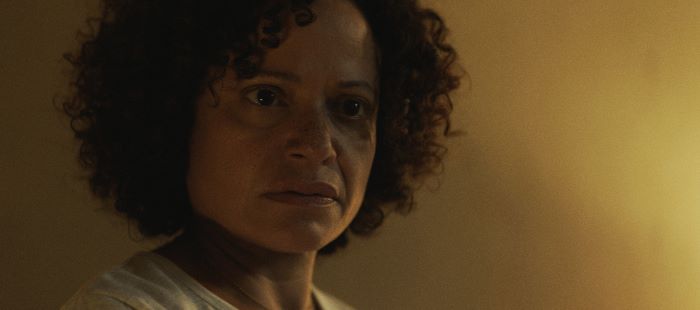
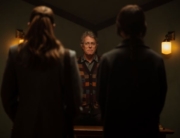

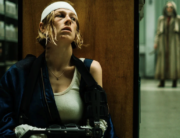
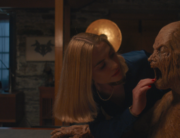
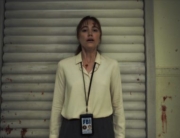
Leave A Comment